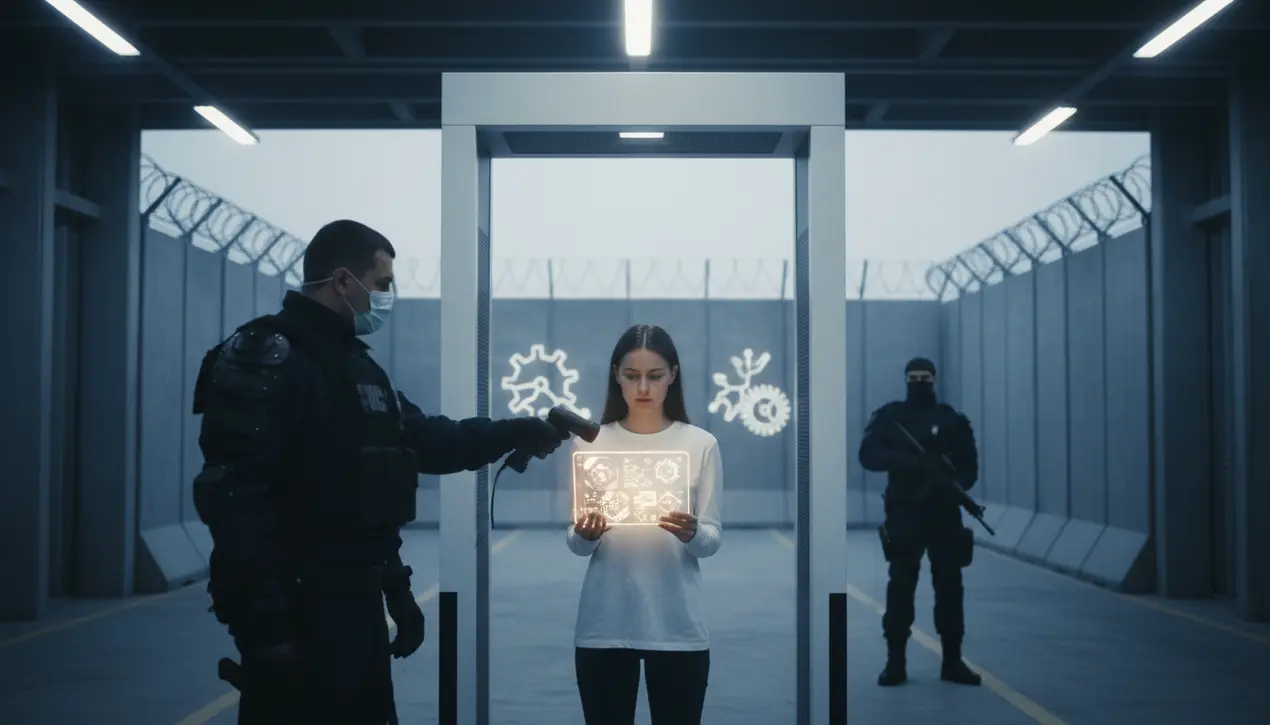- News
- protests-movements
- The Backlash Against Progress: Why Visions of a Better World Are Framed as Threats

Politicsprotests & movements
The Backlash Against Progress: Why Visions of a Better World Are Framed as Threats
MI
Michael Ross
1 day ago7 min read3 comments
We live in an era where envisioning a better future is often treated as a subversive act—a telling paradox that reveals our deep-seated societal anxieties. This pattern is not new; throughout history, entrenched power structures have systematically pathologized utopian ideas.From the Luddites, who destroyed machinery not from a fear of technology itself, but as a protest against the dehumanizing industrial system it enforced, to contemporary media and think tanks that label proposals like universal basic income or a four-day workweek as dangerously radical. At the heart of this reaction is a primal fear of obsolescence; the familiar hierarchy of winners and losers feels safer than the unsettling uncertainty of a genuinely equitable society.This conflict is particularly stark in the discourse around artificial intelligence, where its potential to free humanity from monotonous labor is frequently overshadowed by dystopian warnings of job loss and uncontrollable algorithms—a narrative often pushed by those invested in maintaining the current system. It echoes the Asimovian dilemma, where the famed Three Laws of Robotics were conceived not merely to govern machines, but to quell human apprehension about their own innovations.When we dare to imagine a world without poverty or with guaranteed healthcare, we directly challenge the core myths of meritocracy and scarcity that underpin existing inequalities. The resulting backlash functions as an ideological immune response, attacking the foreign concept before it can take root.The debate over climate policy exemplifies this: initiatives like the Green New Deal are instantly met with prophecies of economic collapse, framing essential adaptations for survival as an existential threat to a particular lifestyle. This is more than political posturing; it is a cognitive defense mechanism.The known suffering of the present can be psychologically more comfortable than the unknown possibilities of the future. To advance, we must recognize this resistance not as rational criticism but as a symptom of systemic inertia, and deliberately choose to champion the transformative, albeit disruptive, power of human imagination.
#social commentary
#political climate
#activism
#dissent
#imagination
#censorship
#featured
Stay Informed. Act Smarter.
Get weekly highlights, major headlines, and expert insights — then put your knowledge to work in our live prediction markets.
Comments
Loading comments...
© 2025 Outpoll Service LTD. All rights reserved.